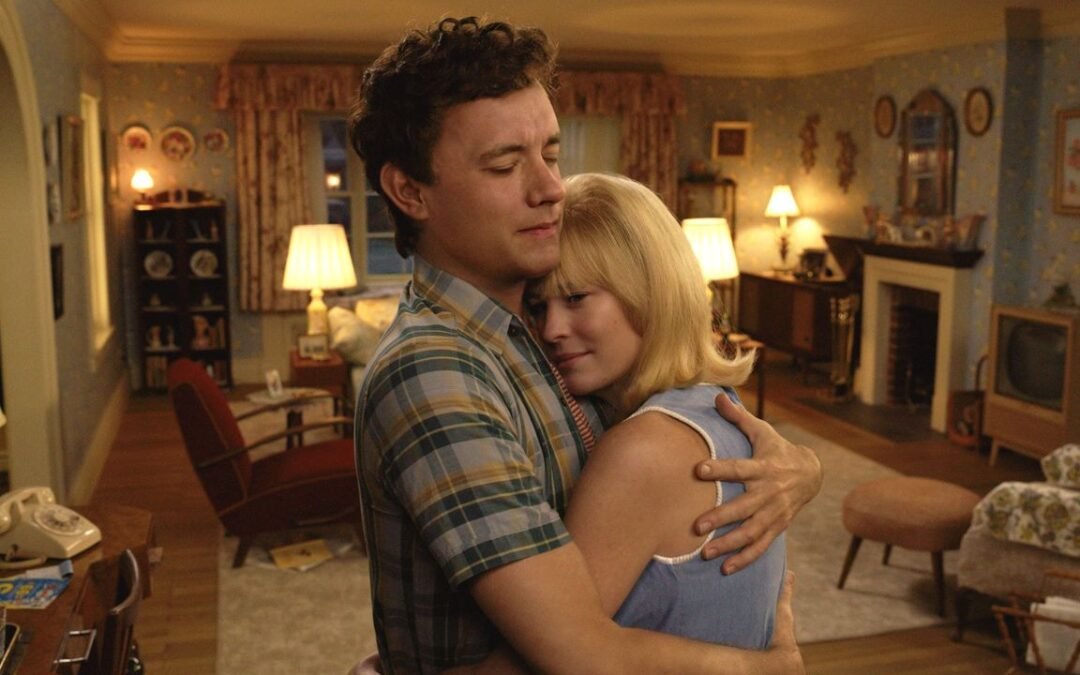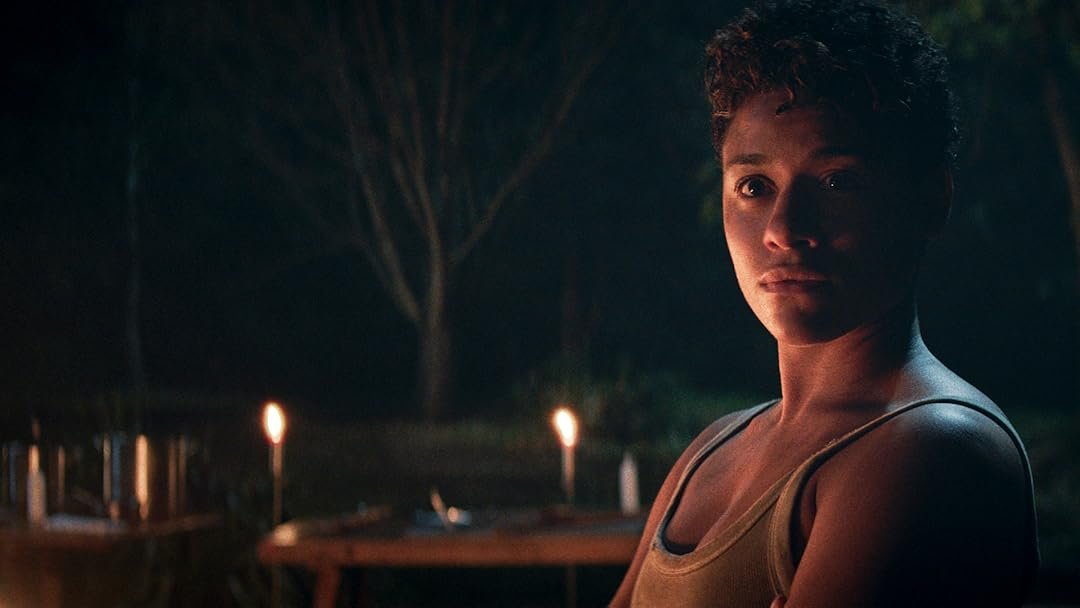Lisabi is an interesting historical drama that sends us back in time to the late 18th century, during which he faced one of the busiest towns, Abeokuta in Southwestern Nigeria. This Nigerian movie shows the rising story of Lisabi Agbongbo Akala, the bold warrior and leader of the Egba people. A man of great character and substance, Lisabi became the torch of hope for his people in the most intolerant era of oppression by the Oyo Empire, with heavy tributes and subjecting the people to such a demonic system of slavery and exploitation. The story now unfolds in bold, calculated moves to get Lisabi to unite the Egba people, rally them against their oppressors, and fight for their freedom. It is the story of bravery, resistance, and the indomitable spirit of man.
Review
Lisabi is a milestone in Nigerian cinematography, whereby the film tells about a very important historical figure with great depth and nuance. The plot is very interesting, combined with historical accuracy, emotional depth, and strong performances, as told by the film’s director, Akin Omotoso. In the lead role, Adesua Etomi-Wellington performs outstandingly, showing the complexity of the character-the leader torn between his people’s suffering and the perilous path to liberation. She brings to this character so much vulnerability and ferocity that one cannot but want Lisabi to win in this movie.
The cinematography was lush and detailed, with sweeping shots of the rich landscapes of Abeokuta and quite well-choreographed battle scenes that brought that era alive quite successfully. The costume design is another plus in this movie; it was well-tailored and fitted with the era in mind. Still, the pacing of the story could be tightened; there are scenes that stay on just a bit longer than they should, making parts of the film almost stretched. Yet the dialogue is sharp and evocative; it captures the spirit of the people and the period.
Where Omotosho really flexes his skill is in how he balances that high-octane action with these serene, introspective moments that develop his characters. It does a great job in pointing out some of the cultural elements of the Egba people-from the traditional music and dances to rituals performed, adding an extra layer of depth and immersion. Still, there are moments where the movie falls into the trap most historical dramas do: exposition-heavy scenes tend to drag the movie.
Rating
Lisabi is an interesting historical drama that details an essential part of African history. Given some minor defects in pacing, the performances are so good, the scenery viewed is lovely, and the story so interesting that one cannot help but like this movie. This is both an entertaining and informative film, which leaves a viewer in firm estimation of the tough spirit of the Egba.





